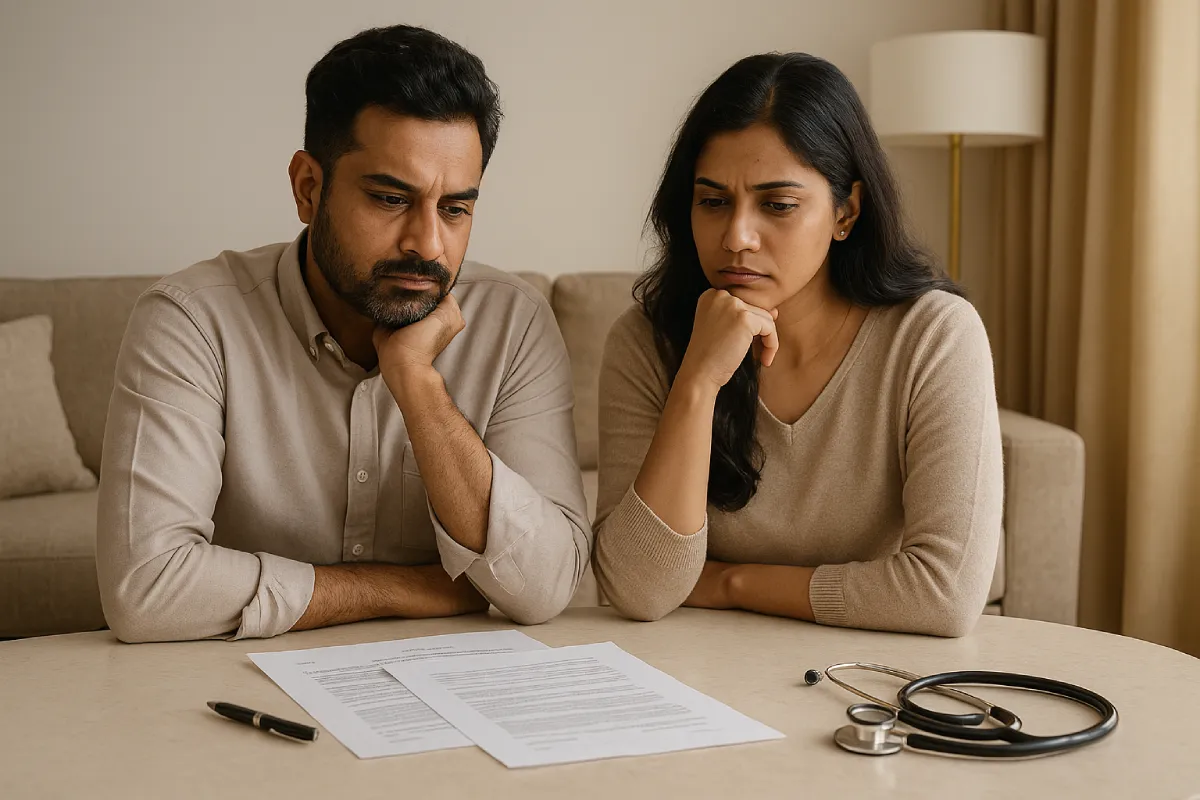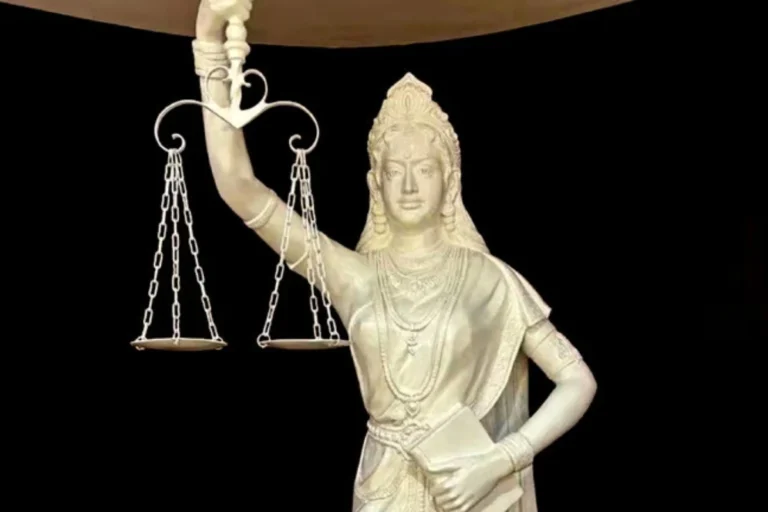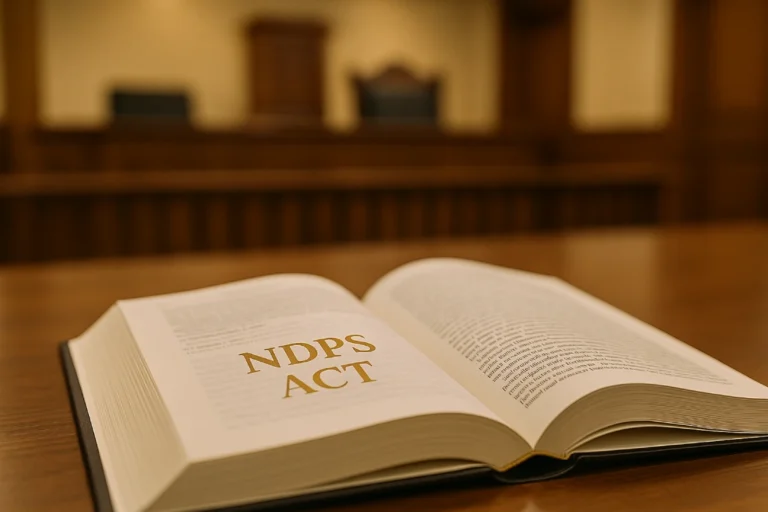Extramarital Affairs in India: Legal Insights & Impacts
Extramarital affairs in India shaped law and society until 2018. After the Supreme Court decriminalized adultery, the legal framework shifted significantly. Today, while extramarital affairs in India are not a criminal offense, they still carry civil and social consequences. In this article, we explore how this change reshapes the legal landscape. We examine key statutes and judgments and outline potential outcomes for affected spouses.
Key Takeaways
- Section 497 IPC was struck down in Joseph Shine v. UOI (2018), decriminalizing extramarital affairs in India.
- Adultery now serves as a civil ground for divorce and mental cruelty under HMA, s. 13 and IPC, s. 498A.
- Courts consider extramarital affairs when awarding maintenance, alimony, and child custody.
- Live-in relationships (recognized under S. Khushboo v. Kanniammal) are distinct from extramarital affairs.
- Civil remedies (defamation, injunction) and corporate implications also apply when reputation harm arises.
Defining Extramarital Affairs in India
This section defines what qualifies as extramarital affairs in India and distinguishes them from live-in relationships.

An extramarital affair involves consensual sexual relations where one party has a living spouse. Unlike live-in relationships, which courts recognize under S. Khushboo v. Kanniammal (2010) 5 SCC 600, secret affairs ignore marital bonds and often trigger civil remedies.
Historical Evolution of Extramarital Affairs Laws in India
Section 497 IPC criminalized extramarital affairs and penalized only the man who engaged in sexual intercourse with another man’s wife without the husband’s consent. This law treated women as passive and excluded them from punishment.
“Whoever has sexual intercourse with a person who is and whom he knows or has reason to believe to be the wife of another man, without the consent or connivance of that man, such sexual intercourse not amounting to the offence of rape, is guilty of the offence of adultery and shall be punished with imprisonment of either description for a term which may extend to five years, or with fine, or with both. In such circumstances, the wife would not be punished as an abettor.” (IPC, s. 497)
This gender bias undermined equality. By recognizing these issues, the Supreme Court paved the way for reform.
Decriminalization of Adultery (2018 Supreme Court Ruling)
Extramarital affairs in India are no longer criminal. The landmark judgment in Joseph Shine v. Union of India (2018) 2 SCC 563 struck down Section 497 IPC on the grounds of gender discrimination and infringement of individual autonomy and dignity. The Court held:
“The provision criminalizes consensual sexual relations between adults and treats women as the property of their husbands, infringing Article 14 (equality) and Article 21 (right to life and personal liberty) of the Constitution.” (Joseph Shine v. UOI, (2018) 2 SCC 563)
As a result, adultery ceased to be a criminal offense. Private consensual acts between adults are beyond state intervention unless they violate other recognized laws. Consequently, extramarital affairs in India shifted from the IPC to family and personal laws.
Extramarital Affairs Law in India Today
Extramarital affairs in India are now governed by civil statutes. After decriminalization, adultery remains a recognized ground for divorce:
- Hindu Marriage Act, 1955 (HMA, s. 13): Lists adultery as grounds for divorce.
- Special Marriage Act, 1954 (SMA, s. 13): Cites adultery as a valid cause for dissolution.
- Mohammedan Law: Addresses adultery under Islamic jurisprudence.
Some High Courts also treat extramarital affairs as mental cruelty under IPC, s. 498A, when evidence shows severe harm to a spouse’s well-being. This interpretation depends on the case facts.
Legal Consequences of Extramarital Affairs in India
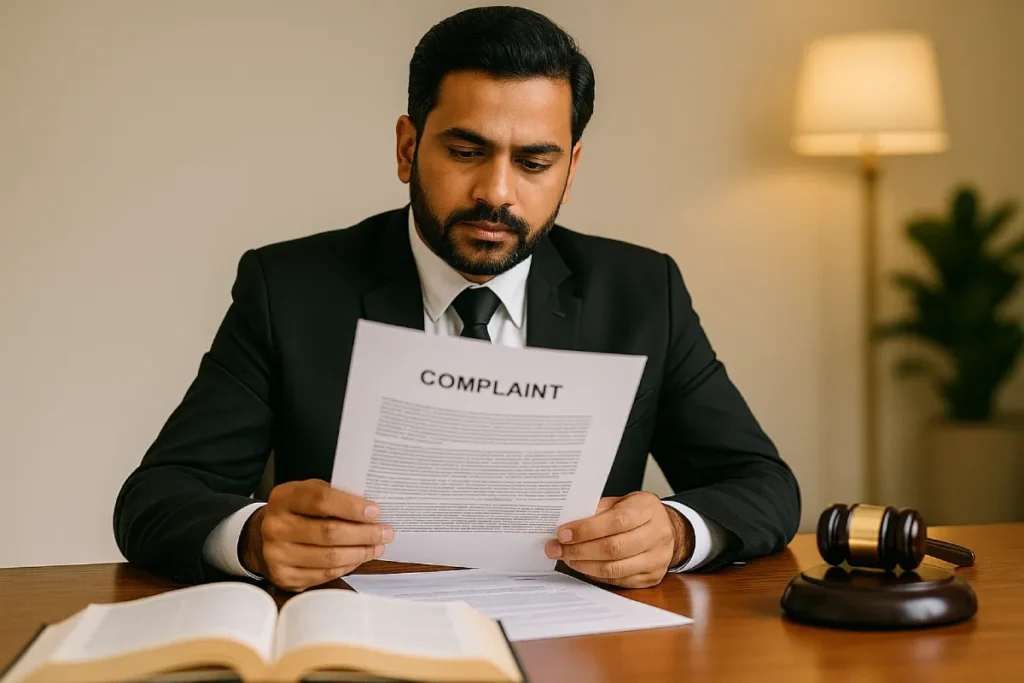
Extramarital affairs in India are not illegal, but can trigger civil consequences:
- Grounds for Divorce (marital infidelity): Courts permit fault divorces due to adultery (HMA, s. 13; SMA, s. 13).
- Claims of Mental Cruelty: IPC, s. 498A may apply when infidelity causes emotional trauma.
- Impact on Alimony & Maintenance: Courts may reduce maintenance awards for spouses guilty of infidelity (HMA, s. 16).
- Custody Considerations: Adultery can influence child custody if it harms the child’s welfare (HMA, s. 51; SMA, s. 46).
Key Case Law and Statutory References
- Joseph Shine v. Union of India, (2018) 2 SCC 563: Decriminalized adultery, reinforcing judicial interpretation of adultery (IPC, s. 497).
- Rajesh Sharma v. State of U.P., (2017) 9 SCC 736: Held that Section 498A (dowry cruelty) cannot be misused (IPC, s. 498A).
- HMA, 1955 (s. 13): Defines adultery as a valid divorce ground.
- SMA, 1954 (s. 13): Lists adultery as a cause for divorce.
Impact of Extramarital Affairs in India on Marriage & Social Stigma
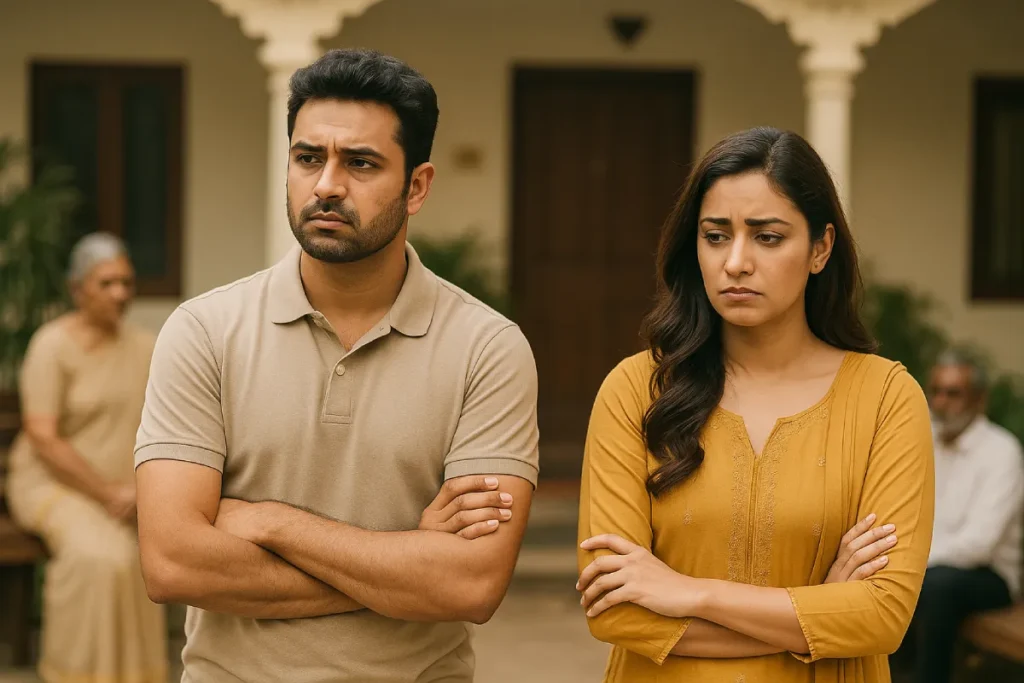
Extramarital affairs in India continue to face societal condemnation. Social consequences include:
- Reputation Damage: Harm to family standing and potential ostracism.
- Emotional Trauma: Betrayed spouses may face mental cruelty claims under IPC, s. 498A.
- Community Backlash: Families often pressure couples to reconcile or divorce, affecting mental health.
Despite legal decriminalization, social bias persists, deterring many from engaging in extramarital relationships due to emotional and reputational risks.
Status of Marital Relationship & Cultural Norms
Extramarital affairs violate trust and clash with social conventions in India:
- Violating Trust: Erodes the bond between spouses.
- Contravening Social Convention: Affairs are often viewed as immoral.
- Fueling Family Conflict: Affairs may involve property disputes under Property Law.
By contrast, live-in relationships between consenting unmarried adults are legally distinct, recognized by courts (e.g., S. Khushboo v. Kanniammal, (2010) 5 SCC 600), and covered under the Protection of Women from Domestic Violence Act.
Extramarital Affairs as a Ground for Divorce

Adultery, coupled with cruelty, may suffice for divorce under HMA and SMA:
- Evidence Requirements:
- Eyewitness accounts or admissions.
- Photographic or electronic evidence (texts, images).
- Third-party testimony.
- Eyewitness accounts or admissions.
Once proven, the plaintiff may seek divorce, maintenance, and alimony. In Sadanandan v. Mathew (1996) 4 SCC 115, the Supreme Court clarified that mere suspicion does not suffice; courts require solid proof of infidelity.
Practical Steps When Facing Extramarital Affairs in India
Affected spouses should consider:
- Consult Divorce Law experts early.
- Preserve Evidence: Secure communications, photographs, or witness statements.
- Seek Emotional Support: Counseling or mediation can help.
- Plan Finances: Prepare documents to negotiate alimony and asset division.
- Explore ADR: Mediation or collaborative law can reduce conflict.
If mental cruelty arises from repeated infidelity, IPC, s. 498A may apply. Consult Criminal Law experts for implications.
Filling Legal Gaps: Emerging Issues
- Gender Neutrality in Divorce: Statutes apply to both genders, but bias persists.
- Distinguishing Live-In vs. Extramarital: Courts differentiate consensual cohabitation from secret affairs.
- Evolving Digital Evidence Standards: Technological evidence (emails, social media) changes proof requirements in divorce proceedings.
Stay updated on judgments and amendments. For property division arising from separation, consult Property Law experts.
Role of Civil & Corporate Law
Civil remedies may include:
- Defamation Claims: False adultery allegations under IPC, s. 499.
- Injunctions: Prevent defamation or reputation harm.
- Tort Damages: Seek compensation for emotional distress.
Corporate law intersects when extramarital matters affect partnerships or contractual relationships, requiring advice on fiduciary duty and reputation management. Consult Civil Law or Corporate Law services.
FAQs on Extramarital Affairs in India
Is extramarital affairs legal in India?
Yes, post-2018, consensual extramarital affairs in India are not criminal under the IPC. However, they can have civil consequences, grounds for divorce (HMA, s. 13), and mental cruelty claims (IPC, s. 498A).
What does the extramarital affairs law in India say about punishment?
The Supreme Court’s Joseph Shine v. UOI (2018) removed punishment for adultery (IPC, s. 497). No imprisonment or fine applies to consensual affairs.
Can a spouse still seek legal recourse after an affair?
Yes. A betrayed spouse can file for divorce on adultery grounds, seek maintenance (HMA, s. 16), and allege mental cruelty (IPC, s. 498A).
Does an affair affect child custody?
Yes. Courts may consider a spouse’s immoral conduct when determining custody if it harms the child’s welfare (HMA, s. 51; SMA, s. 46).
Are live-in relationships treated like extramarital affairs?
No. Live-in relationships between consenting, unmarried adults are not criminal and differ from extramarital affairs. Courts recognize them under S. Khushboo v. Kanniammal (2010) 5 SCC 600 and the Protection of Women from Domestic Violence Act.
Conclusion
While extramarital affairs in India no longer attract criminal penalties, the social, civil, and reputational ramifications remain significant. Individuals contemplating or affected by such relationships must recognize their emotional, reputational, and financial consequences. Our team at Aditya & Co. Advocates stands ready to support you, whether you need guidance on divorce law, criminal law, property law, or related civil remedies.
Your Constant Legal GuardianCTA: Unsure “Is extramarital affairs legal in India”? Contact our family law specialists 24/7 for expert guidance. Call +91 8105812404 or visit www.adityaandco.com to schedule a consultation.

